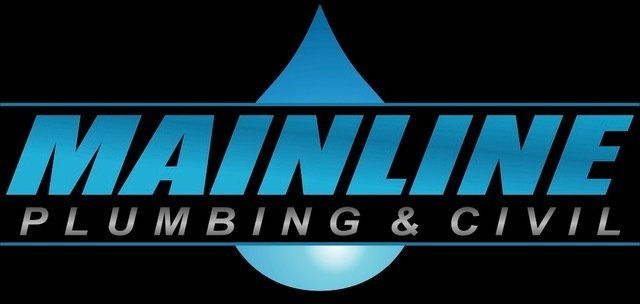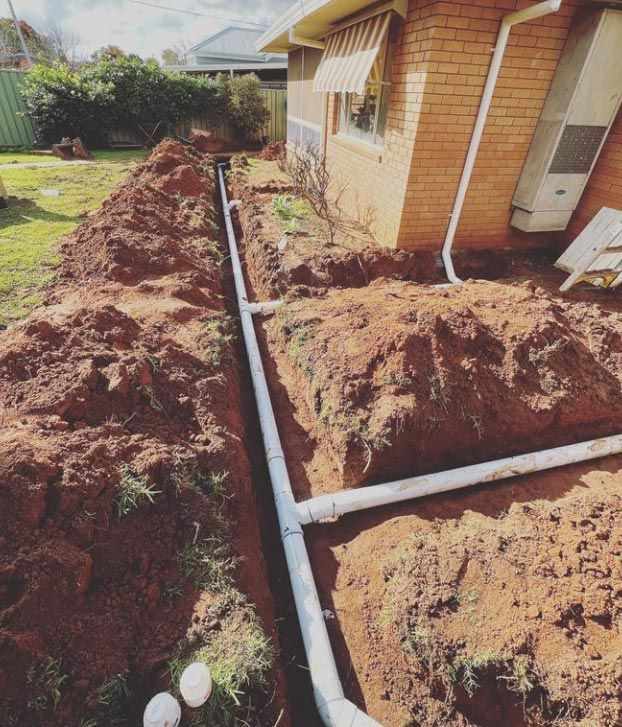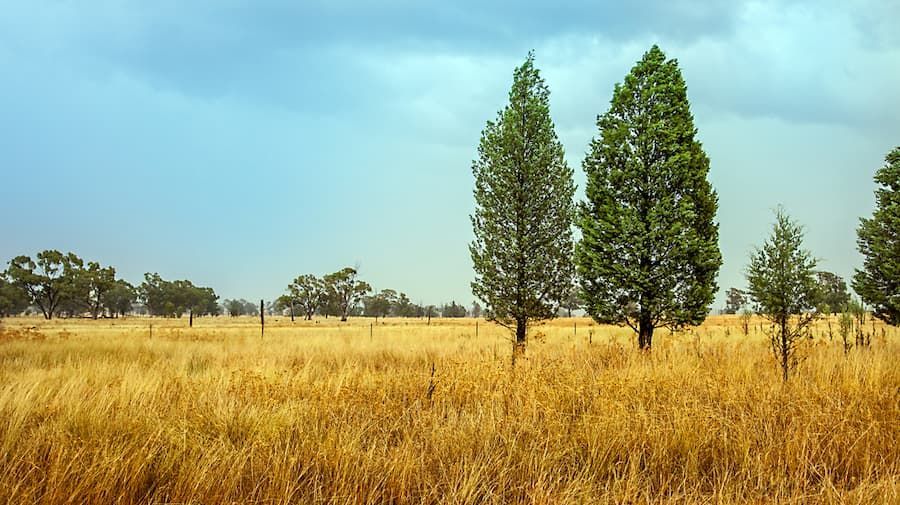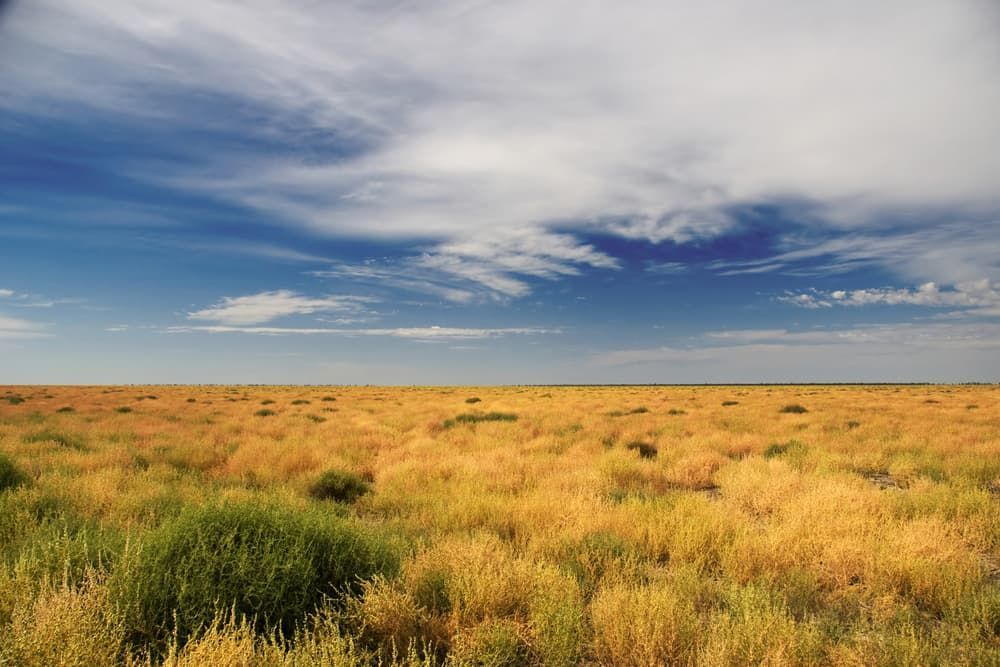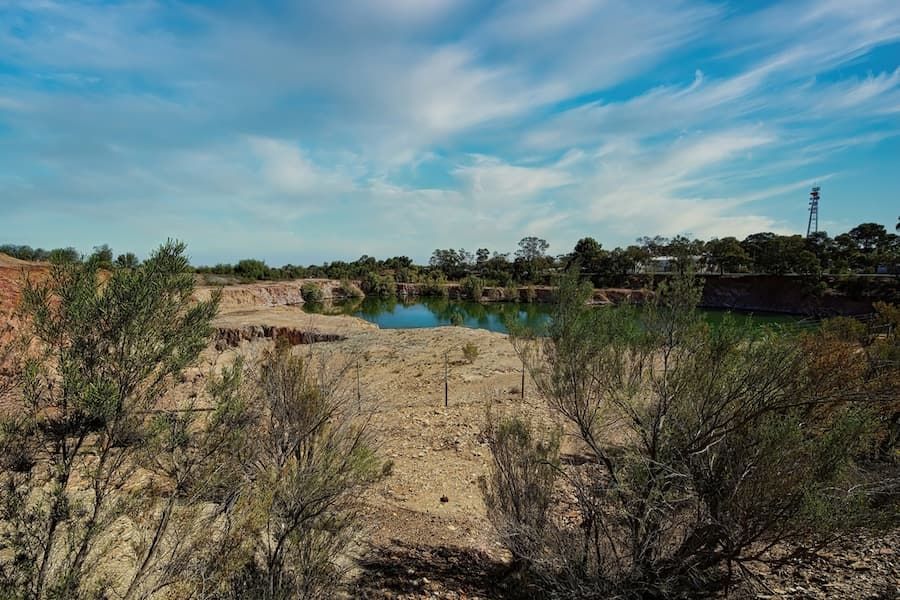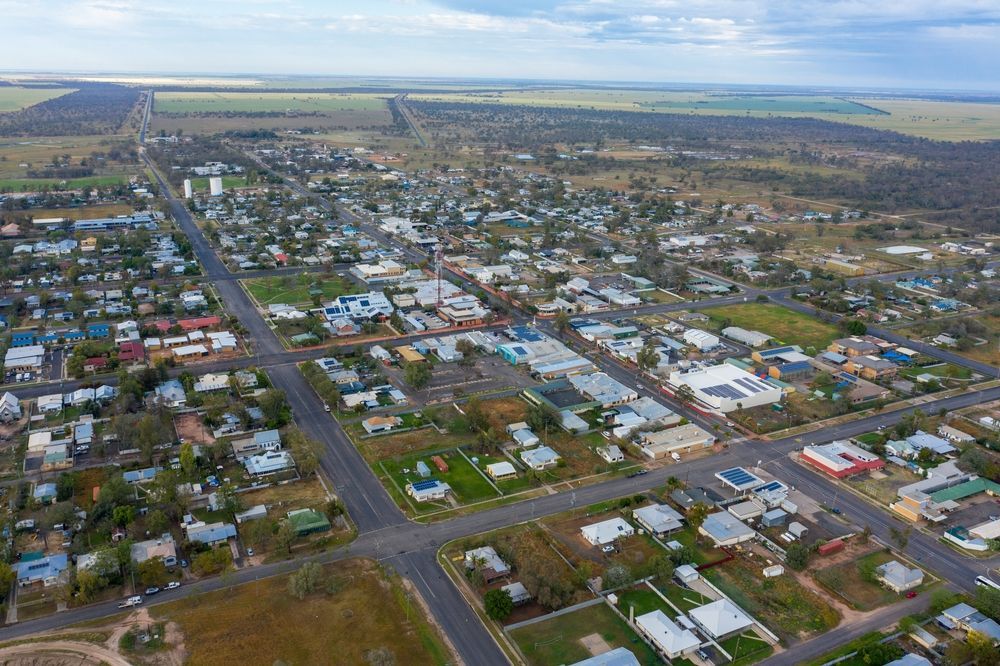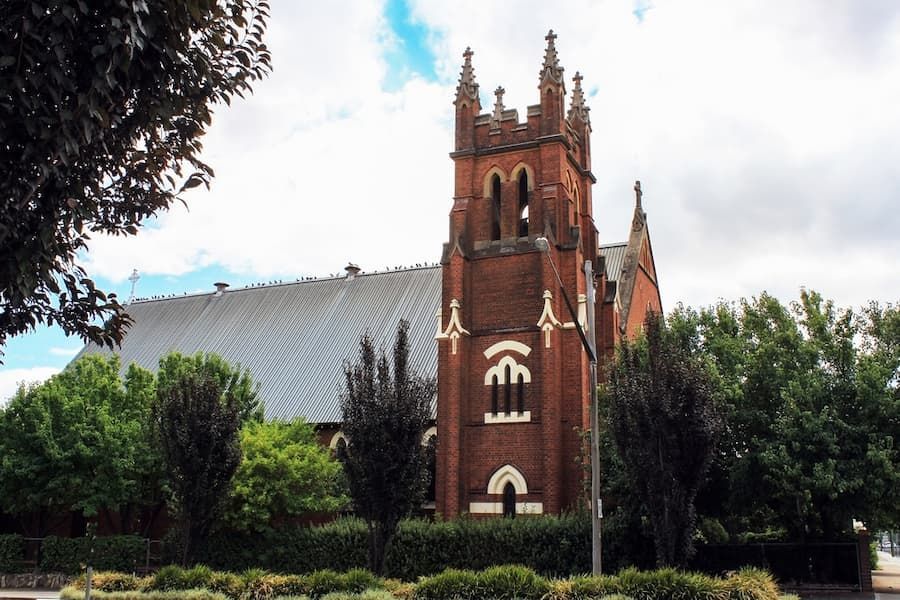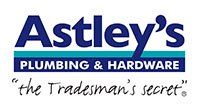Residential Plumber Dubbo
Providing Reliable Residential Plumbing Services
Certified & Experienced Residential Plumbers
Homeowners can rely on
Mainline Plumbing & Civil for comprehensive
plumbing services in Dubbo. We offer a full range of installation, repair and maintenance services tailored to your individual needs.
Mainline Plumbing & Civil offers:
- Hot water system installations & repairs
- Removal of drain blockages
- Installations & renovations
- Gasfitting
- And more.
Your satisfaction is our top priority, and we won’t be happy with the final results until you are. Our plumbers are experienced and certified to handle any residential plumbing project. Call us on 0423 627 149 to request a quote.
We service clients throughout
Dubbo,
Bourke,
Cobar,
Walgett,
Gilgandra and
Wellington.
Affordable Plumbers Dubbo
Building a new home from the ground up? We can help you identify the most efficient and cost-effective plumbing options for your new home—from shiny new tapware to high-efficiency toilets and showerheads.
Our team will assist with renovations, extensions, and remodelling. If your bathroom or kitchen needs a facelift, our team can provide the expertise and advice you need to bring your renovation vision to life.
When you work with
Mainline Plumbing & Civil, you can expect high-quality results, and we’ll always strive to exceed your expectations. For more information about our full range of services, don’t hesitate to contact us today.
Plumbing Services
At Mainline Plumbing & Civil, we provide a wide range of plumbing solutions tailored to both residential and commercial needs. Whether you’re renovating, facing a plumbing emergency, or dealing with complex infrastructure, our licensed plumbers deliver fast, reliable, and high-quality service across all projects.
We offer general plumbing for homes and businesses, including repairs to leaking taps, toilets, burst pipes and more. Our team handles all basic plumbing needs quickly and efficiently.
Renovation Plumbing
Our renovation plumbing services include appliance installations and fixture upgrades for bathrooms, kitchens and laundries. We work with care to deliver neat, functional finishes.
Hot Water Systems
We install hot water systems for residential and commercial customers. From small upgrades to full replacements, we work with all system types—electric, gas, solar and heat pump — for reliable hot water year-round.
Emergency Plumber Dubbo
Need urgent help? Our emergency plumbers are available when you need them most to handle burst pipes, major leaks and blocked drains with speed and precision.
We are fully licensed for gas fitting, offering installation, maintenance and repairs for gas lines, hot water systems, heaters and appliances to keep your home safe.
Commercial Plumbing
We provide commercial plumbing for businesses, including maintenance, repairs, and system upgrades for offices, retail spaces, warehouses and more.
Civil Plumbing
Our expert team handles civil plumbing projects involving large infrastructure, stormwater systems, and underground services with full compliance and care.
Council Plumbing Contractor
As a trusted council plumbing contractor, we work on public infrastructure, drainage, and essential water systems across the Dubbo region.
Drain Unblocking
Blocked Drains
Our team clears blocked drains using modern equipment to quickly restore flow and prevent damage to your plumbing system or property.
Blocked Stormwater Drains
We specialise in blocked stormwater drain solutions, removing leaves, debris, and silt to keep your outdoor drainage system running smoothly.
Pipe Repair & Relining
Pipe Repair
We provide pipe repair for burst or damaged plumbing systems, using high-quality materials to ensure long-term durability and performance.
Pipe Relining
Our trenchless pipe relining technology repairs broken pipes from the inside, avoiding costly excavation and preserving your landscape.
Sewer & Septic Systems
Sewer Connections
We carry out sewer connections to ensure your property is properly linked to the municipal system in full compliance with regulations.
Septic Tank Installation
Need a new septic system? Our septic tank installation service includes excavation, tank setup and drainage for off-grid properties.
Inspections & Diagnostics
Plumbing Inspection
We conduct thorough plumbing inspections to detect faults early, ensuring your plumbing system remains compliant and efficient.
CCTV Pipe Inspection
Our CCTV pipe inspections use high-resolution cameras to identify internal pipe issues without digging, saving time and money
